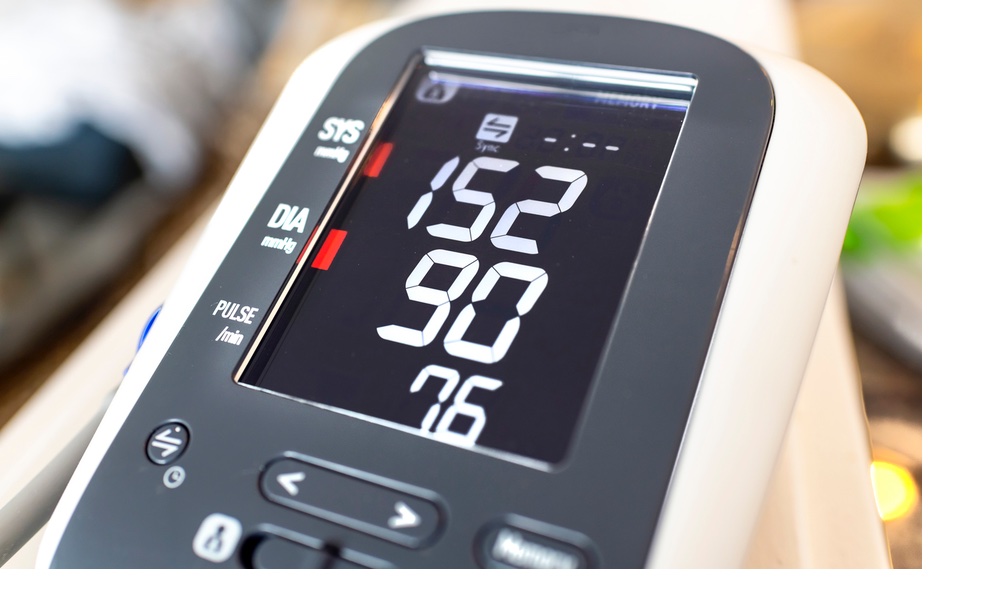The neurotransmitter dopamine plays many roles. It helps control the brain's reward and pleasure centers. It regulates movement and emotional responses. When your brain doesn't have enough dopamine, as happens with Parkinson's disease, individuals have muscle tremors and difficulty moving smoothly.
One man became a prize-winning poet despite having no literary background.
Because dopamine is also involved in the brain's reward system, rising after pleasurable experiences, added dopamine can lead to a loss of inhibitions. So when Parkinson's patients are given dopamine-based medications to control their symptoms, they can experience a boost in artistry and creativity as a pleasant side effect.
A recently published article describes how many Parkinson's patients say they are developing new talents like painting, writing or sculpting. Indeed one man became a prize-winning poet despite having no literary background.
The neurologist began searching the medical literature for similar accounts of creative Parkinson's patients. She found many, most of whom described a new ability to draw or paint. All were Parkinson's patients who were taking synthetic precursors of dopamine or dopamine receptor agonists — substances that mimic dopamine.
It's not clear if people are utilizing talents they've always possessed, but had been afraid to express, or if these talents are newly arisen. Art therapy has already proven useful for stroke and dementia patients, helping them partially compensate for a loss of verbal skills. Dr. Inzelberg's own patients say they're happier when they're busy with their art and that their Parkinsonian motor handicaps can ease significantly.
Dopamine, however, does have a dark side — compulsion. Too much dopamine can lead to a loss of impulse control and addiction. One patient painted non-stop until his medication dose was lowered. But the potential for good seems to greatly outweigh the potential for harm.
Not every Parkinson's patient who takes dopamine-stimulating drugs experiences a creativity boost. Right now, it's not known why some patients respond to the medications creatively while others don't. That's the next step in this research. Dr. Rivka Inzelberg and her colleagues are currently developing a battery of tests to help identify the traits that make someone most likely to be responsive.




